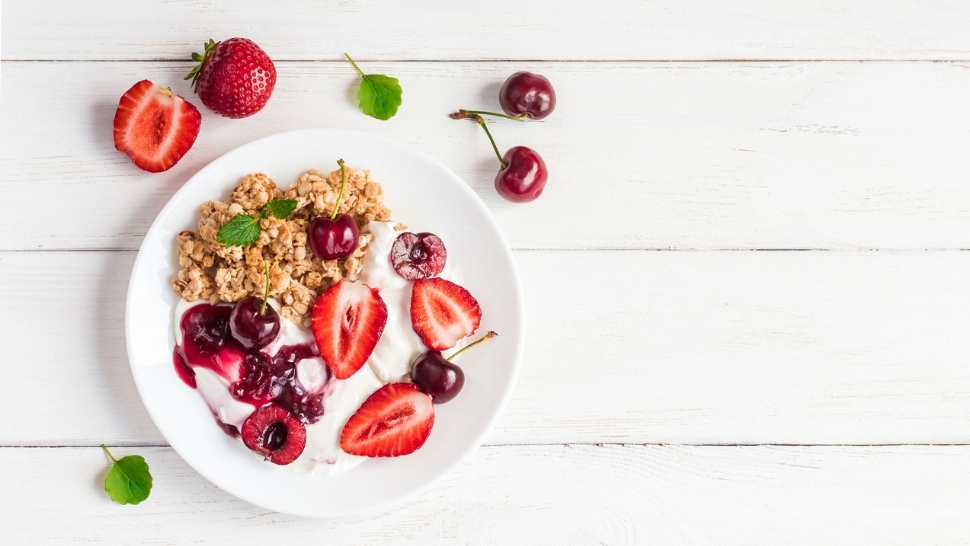
What’s the Buzz?
From grandmas to health “gurus,” many claim breakfast is the most important meal of the day.
What Does the Science Say?
The old adage says, “Eat breakfast like a king, lunch like a queen, and dinner like a pauper.” But many people just aren’t hungry first thing in the morning. Why? Blood sugar falls during the night, as this is the longest period of time your body goes without food. This causes cortisol levels to rise, which activates the release of stored sugar in your body to get you through the night. Cortisol is a potent stress hormone that, in the short term, can curb appetite and can occasionally block hunger signals in some people in the morning. Long-term elevated cortisol levels will increase appetite and urge your body to crave calorie-dense foods that can lack nutrients. The negative impact can lead to overeating later in the day.
Many researchers also note that it’s what you eat that may matter more than when you eat. A meal of complex carbohydrates, proteins, and healthy fats is metabolized differently than a meal of highly refined carbohydrates. Avocado on whole-wheat toast topped with a sunny side egg, or a cinnamon quinoa breakfast bowl with fresh fruit and pepitas are all good choices.
Plus, since our brain is fueled by glucose (blood sugar), a few bites of “brain food” in the morning can offer a mental boost.
What’s the takeaway?
Just as the name indicates, breakfast helps “break the fast.” A small evening snack as well as a small bite of carbs, proteins, and fat within the first hour of waking up, even if you aren’t hungry, are two simple strategies to get you on an energy-stabilizing eating pattern.
Read more: to learn more, head to this science-based Consumer Reports article.